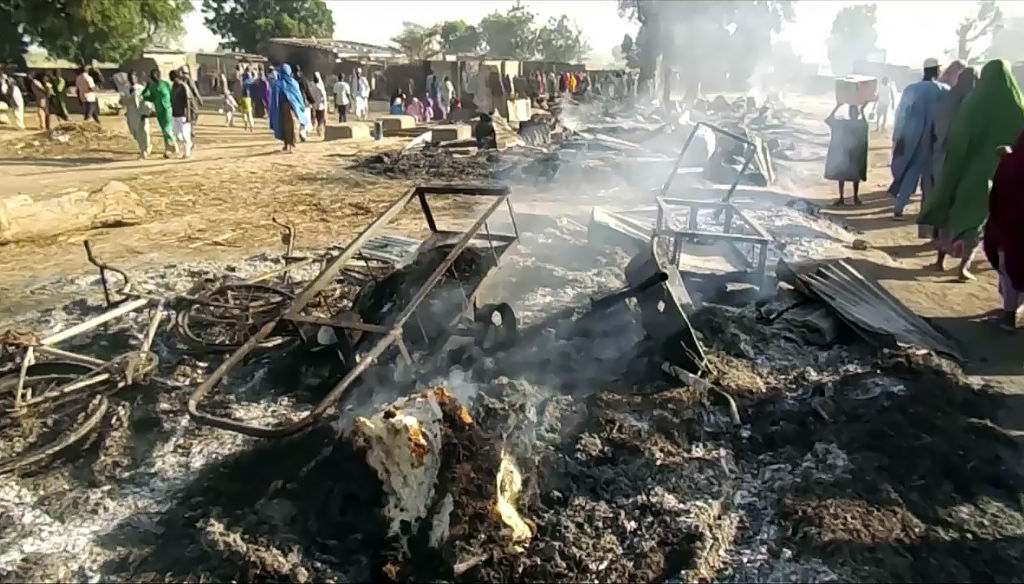ADF STAFF
Nigerian authorities in early December reopened the railway linking Kaduna to Abuja eight months after it was attacked by local bandits and Boko Haram terrorists.
At least 10 people were killed in the March railway bombing. Most of the 170 people unaccounted for in the attack’s aftermath eventually were released for ransom.
It was not the first time the terrorist organization was linked to joint attacks with local bandits.
Nigerian military officials revealed their suspicions of such cooperation in 2021, when it was reported that Boko Haram was training bandits to use anti-aircraft guns, explosives and other weapons, according to an Agence France-Presse report.
Nigeria’s Information Minister Lai Mohammed confirmed the link between Boko Haram and Nigerian bandits in April after more than 150 people were killed in attacks on villages in Plateau State.
“What is happening now is that there is a kind of an unholy handshake between bandits and Boko Haram insurgents,” Mohammed told Al-Jazeera.
As security expert Folahanmi Aina noted in a recent piece for The Conversation, bandits mostly are interested in enriching themselves and exploiting governance gaps, while Boko Haram looks to establish Shariah rule and a caliphate, a political-religious state.
However, the groups might have one interest in common: procuring weapons to commit money-making or ideology-driven crimes and to fight Nigeria’s security forces.
Armed bandits most recently have sown chaos in northwest Nigeria, where they are essentially considered terrorists, Aina, of Kings College London, told ADF. The government has taken a militaristic approach to eradicating bandits.
“If you know anything about northwest Nigeria, it’s one of the regions that has one of the highest poverty rates, inequality rates and unemployment in the country,” Aina said. “So, you cannot neglect underlying socioeconomic problems at the expense of pursuing an overly militaristic approach.”
Aina said similar issues hamper the fight against extremists, who learn to adapt to the use of force over time.
“They retreat into the shadows and come out again when they’ve had a chance to recuperate,” Aina said. “And still replace their lost numbers from new recruits in the same society. But if you address these socioeconomic problems, there is less of an incentive for someone who has a daytime job to leave that job and go join a jihadi cause.”
As extremism spikes in northwest Nigeria, observers are concerned that the region soon could become a land bridge connecting Islamic insurgencies in the central Sahel with the decade-old insurgency in the Lake Chad region in northeast Nigeria, according to a report by the International Crisis Group.
Although there is no simple way to prevent extremists from partnering with bandits, Aina argued in The Conversation that Nigeria’s government must act fast to address the root causes of the country’s longstanding farmer-herder crisis, which contributes to the proliferation of arms and weapons in the region.
“Poor governance must be replaced with people-centric governance, given that the former has contributed to the emergence of both jihadism and ‘banditism’ across Nigeria,” Aina wrote.

